I enjoyed reading Eric Esteve’s article “ French Tech at CES, 2nd country after USA with 274 Start-Up at Eureka Park!” It brought back happy memories of my time at EVE until Synopsys purchased it in 2012.Here is another intriguing story by a French startup named VSORA and founded by Khaled Maalej with a team of scientists and engineers.… Read More
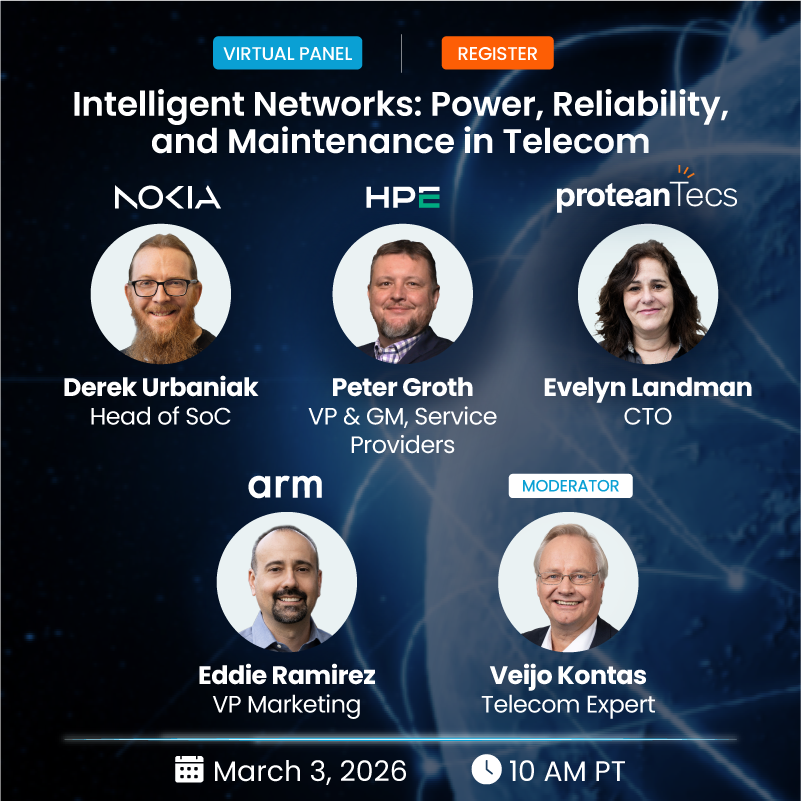 Intelligent Networks: Power, Reliability, and Maintenance in Telecom — Webinar PreviewThe upcoming webinar “Intelligent Networks: Power, Reliability, and…Read More
Intelligent Networks: Power, Reliability, and Maintenance in Telecom — Webinar PreviewThe upcoming webinar “Intelligent Networks: Power, Reliability, and…Read More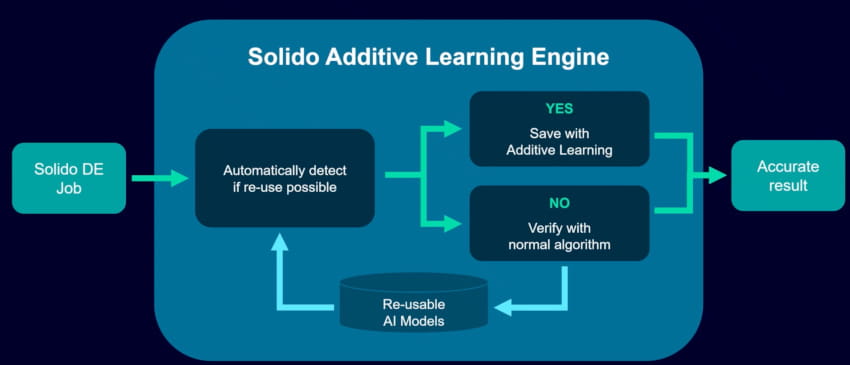 Custom IC Design using Additive LearningCustom IC design has demanding technical requirements to…Read More
Custom IC Design using Additive LearningCustom IC design has demanding technical requirements to…Read More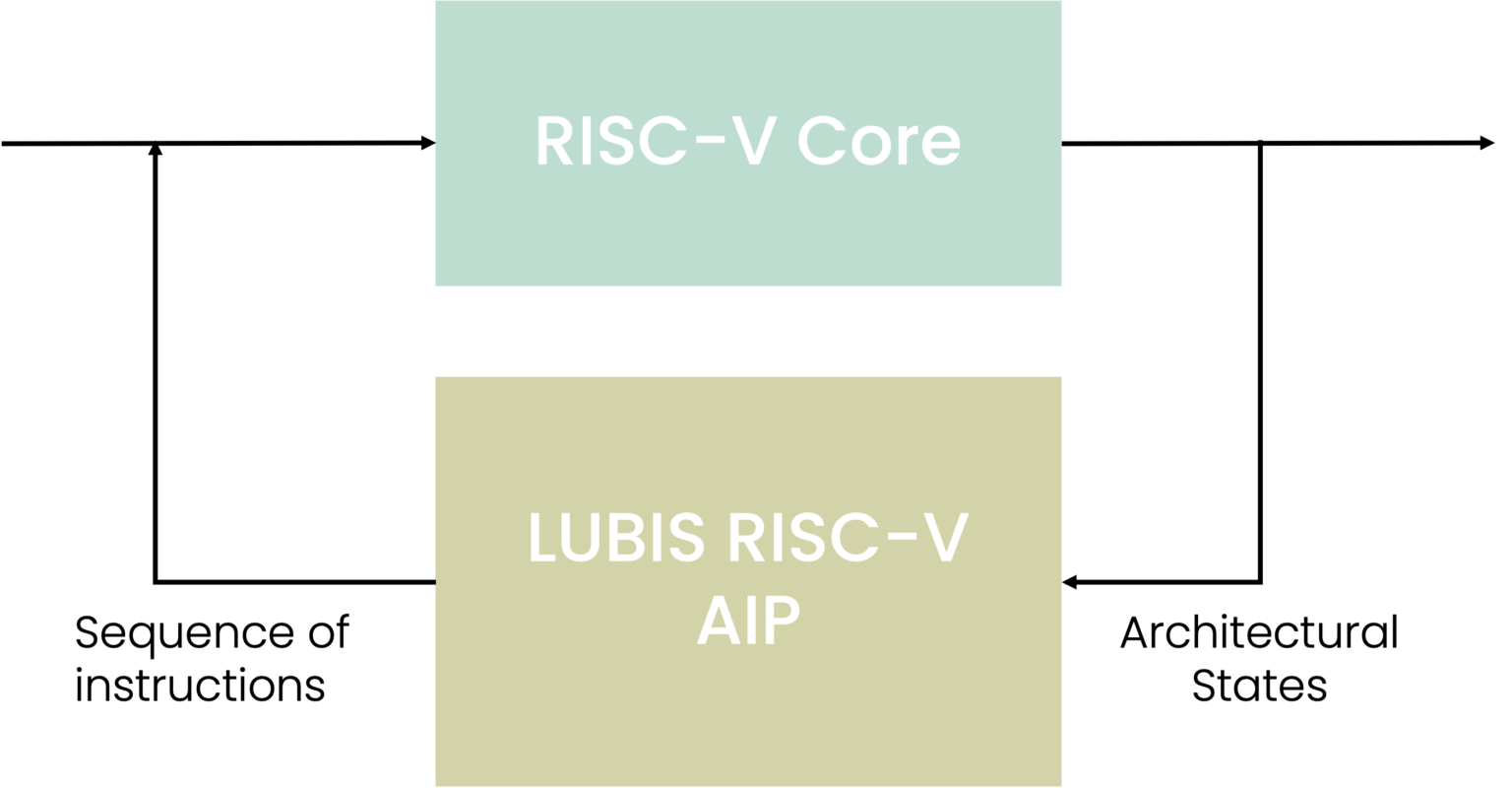 LUBIS EDA: Addressing the Verification Bottleneck in Modern Chip DesignLUBIS EDA is a Germany-based EDA company that…Read More
LUBIS EDA: Addressing the Verification Bottleneck in Modern Chip DesignLUBIS EDA is a Germany-based EDA company that…Read More Smarter IC Layout Parasitic AnalysisIC layout parasitics dominate the performance of custom…Read More
Smarter IC Layout Parasitic AnalysisIC layout parasitics dominate the performance of custom…Read MoreThe future of education is virtual
Massive open online courses (MOOCs) were supposed to bring a revolution in education. But they haven’t lived up to expectations. We have been putting educators in front of cameras and shooting video — just as the first TV shows did with radio stars, microphone in hand. This is not to say the millions of hours of online content are not… Read More
Cloud Provider Leverages FPGA Prototyping
Talking to customers is one of the best parts of being a semiconductor professional. It keeps you grounded and offers you the collective experience of some of the smartest people around the world, absolutely.
Webinar: The Emergence of FPGA Prototyping for ASIC/SoC Design
Customer success stories are a close second and interestingly… Read More
In-System Automotive Test
I’ve been driving cars since 1975 and in the early days we had simplistic gauges for feedback like: Speed, Fuel level, Oil level, RPM. Back then when you popped the hood of a car you could see through the engine compartment onto the ground below, however with today’s cars the engine compartments are crammed with tubes,… Read More
Crystal Bulb: Sharing Design Intelligence
There is a trend among design companies to want to extract more intelligence, from designs in-process and designs past, in support of optimizing total enterprise efficiency. Design automation companies see opportunity in leveraging this interest since they, in various ways, have a handle on at least part of the underlying data.… Read More
Open Silicon Year in Review 2017
If you are interested in what types of chips we will see in the coming years always ask an ASIC provider because they know. Companies of all sizes (small-medium-large) use ASIC companies to get their chips out in the least amount of time and at a minimum cost because that is what ASIC companies do.
IP is an important ingredient to the … Read More
Adapting an embedded FPGA for Aerospace Applications
The IC industry is commonly divided into different market segments – consumer, mobile, industrial, commercial, medical, automotive, and aerospace. A key differentiation among these segments is the characterization and reliability qualification strategy for the fabrication process and design circuitry. For each segment,… Read More
Automotive Mega-trends, Safety and Requirements Management
I come from a car-centric family where my father actually bought and sold over 300 vehicles in his lifetime, so automotive mega-trends pique my interest. A new conference called Semiconductors ISO 26262 held it’s first annual event last month, meeting in Munich with guest speakers from some impressive companies like: … Read More
Conflating ISO 26262 and DO-254
If you’re in the ASIC business, by now you should have a rough understanding of ISO 26262, the safety standard for automotive electronics. You may be less familiar with DO-254 which has somewhat similar intent for airborne electronics. Unless, that is, you design with FPGAs in which case your familiarity may be the other way around… Read More
IoT Designs Beginning to Shift to 7nm: Promises Upside for Cadence Physically-Aware Design Flow
Until recently, ICs at bleeding edge nodes like 7nm technology from foundries like TSMC were mostly targeted for high-performance-computing (HPC) and mobile applications or possibly high radix switches that needed the increased performance of advanced nodes. The momentum of Moore’s law and Moore-than-Moore saw foundries… Read More


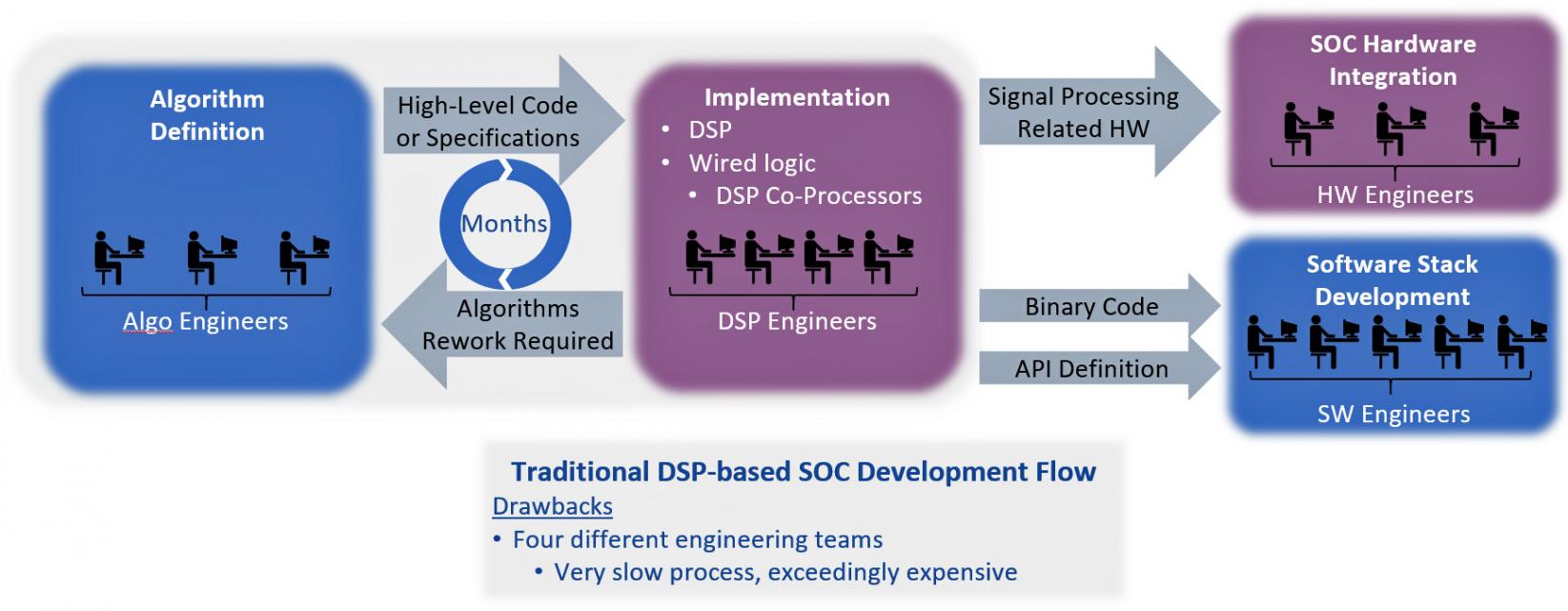

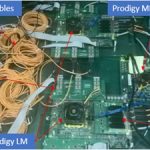
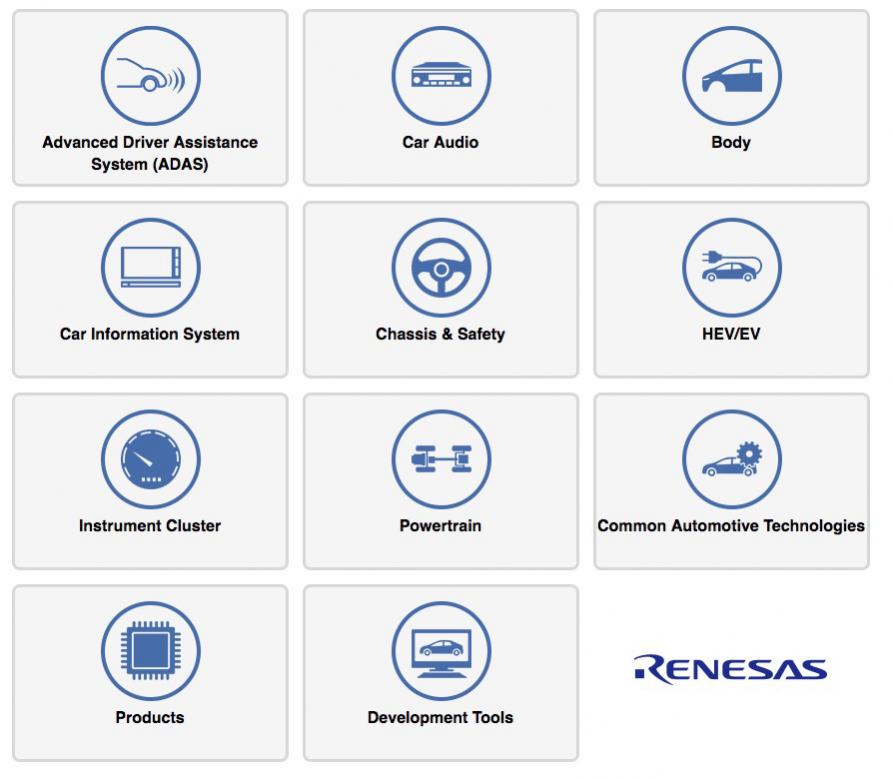
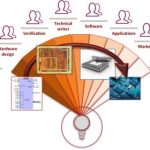
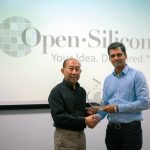
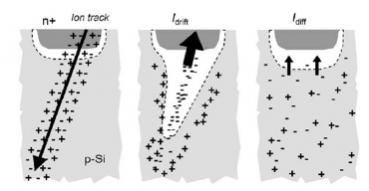
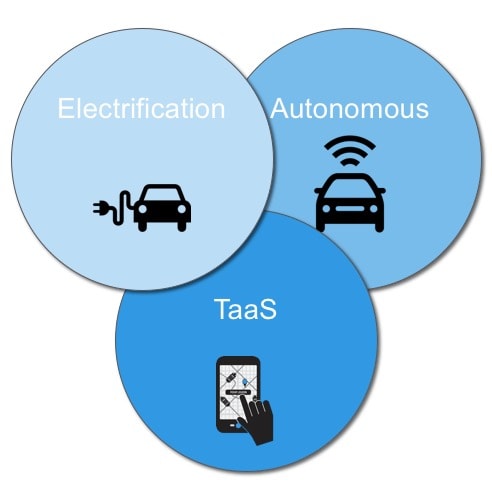


A Century of Miracles: From the FET’s Inception to the Horizons Ahead